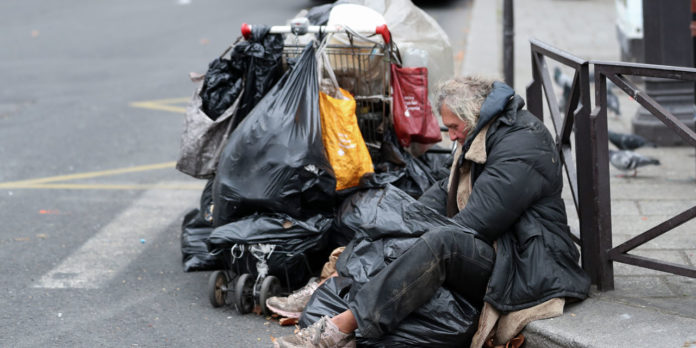The exam’s Comprehension Text
[1] The number of elderly people is constantly growing in Morocco. By 2030, old people will have made up 15% of the Moroccan population, rising from 2.5 million to 8 million. Government officials and social activists say that actions to protect these marginalised people must intensify. Otherwise, more ageing citizens will end up on the streets.
[2] Ba Mohamed, aged 70, once lived with a loving family. Now, he wanders the streets of Rabat every day, suffering from solitude and marginalisation. He no longer receives any news from his two children, who emigrated to France 25 years ago. After the death of his wife, Ba Mohamed continued performing seasonal work, until health problems prevented him from supporting himself. Without financial resources or help from family members, he ended up begging in the streets.
[3] Sociologist Naïma Bichri says, “We’re seeing problems which never existed in the past. Indeed, it was rare for elderly people to be rejected. Their families used to take good care of them. But this habit is dying out more and more”. Nevertheless, it is important to remember that this is not the case for all families because many of them are still happy to look after their parents and grandparents.
[4] Hnia, in her eighties, has been living with her children since her husband died 32 years ago. She organises her own schedule of visits to stay with her eight children, who live in different towns and cities. “When I’m bored staying with one of them, I phone one of the others to come and collect me immediately. Whenever I’m sick, my sons pay for my treatment. I feel spoiled even if my daughters-in-law irritate me,” she says with a broad smile.
[5] Bichri thinks that social and economic changes have had a negative impact on social solidarity. It is becoming more difficult for young people to continue to support their elders, even if they want to, because of unemployment and the high cost of living. She argues that the government and civil society should work together to find solutions to help families and provide resources.
[6] One possible solution is that families can collaborate as part of a support network. Samira Tamiri of the ‘Together for a Better Future’ association feels that a family network could effectively help in dealing with problems facing senior citizens. Indeed, government officials are focusing on helping families to take care of their elderly.
Adapted from http://www.magharebia.com/
National exam | Humanities Stream | Catch-up Session 2011 with Answers





